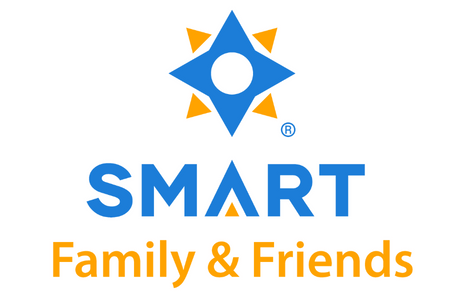Conquering Low Frustration Tolerance (LFT)
G. L., SMART Recovery Volunteer
“You can’t always get what you want.” – The Rolling Stones

Frus•tra•tion: The feeling one has when reality does not immediately conform to one’s desires. Frustration is a normal part of the human experience. It’s unavoidable. And in fact it can be quite useful if the feeling of frustration leads to self-improvement or motivates you to better your situation. Sometimes, however, you can get in your own way by having low frustration tolerance (LFT).
LFT is a widespread phenomenon among human beings. It can be defined as “the demand that you get what you want quickly and without hassle.” Wishing or hoping for one’s desires to sometimes be fulfilled quickly and easily is healthy. Demanding that they must be is not, as the world will not often grant you your wish.
LFT can manifest itself as a cascade of two activating events according to the ABC model:
How do you go from low to high frustration tolerance (HFT)?
By working backwards; start with the awfulizing over being overly-frustrated before working on the demands that lead to over-frustration in the first place.
There are 3 approaches for dealing with LFT:
Cognitive:
1. Dispute (D) the irrational beliefs that you hold concerning your demands and awfulizing to come to effective new philosophies (E). Remember to start at B2 first, which is the awfulizing
2. Reframing: Part of what makes LFT tough is that you focus on the negatives of not getting what you want while ignoring the positives of working to overcome LFT. Make a list of the positives you’ll get out of life if you develop high frustration tolerance (HFT). For example, you’ll have a better chance of getting what you want, although not at the pace you want. Make a list and carry it on a notecard. Whenever you feel frustrated, remind yourself of the goods of overcoming LFT as opposed to giving in to it
3. Distracting techniques: if you find yourself stewing in frustrated thought, try distracting yourself by surfing the web or watching television to cool yourself down. This is especially helpful in the early stages of conquering LFT
Behavioral:
1. Modeling: find a person who you know personally or someone from history who displayed HFT. Examine their lives and attempt to follow their example
2. Reinforcement/penalties: when you notice that you have succeeded in increasing your frustration tolerance on some occasions, reward yourself! You may also consider imposing a penalty on yourself if you’ve given in to frustration
3. Exposure: force yourself to go into a situation in which you would normally be frustrated. Start slowly, and increase the amount of time you expose yourself to the situation according to a preset plan
Emotive:
1. Take the effective new philosophies you acquired from disputation and repeat them forcefully and very emotionally to yourself once a day: e.g. “I want what I want, but I sure as hell don’t need it! I can still be a happy human being!”
2. Imagery: set some quiet time aside to vividly imagine some of the most frustrating things in your life right now and let yourself feel as badly as you need to. Then, go over it again and try different methods to decrease your frustration. Practicing this “exposure in your head” may also help reduce your frustration when encountering it in real life by simple attenuation
3. Unconditional Self-Acceptance (USA): Remember that you are not your frustration, and that change is a process. Don’t have LFT about trying to change your LFT! Just like any skill, this will take time and practice. You can do it!
SMART Recovery is a non-profit, volunteer, mutual self-help peer support group. It is a program based on REBT/cognitive therapy methods that provides a “toolbox” designed to allow you to take back control of your life. We provide a supportive network, while YOU develop the skills for lasting change. Visit SMART Recovery to learn more.

![[Podcast] Subtracting the Complications](https://smartrecovery.org/hubfs/Imported_Blog_Media/Pam-Mulready-1-2.jpg)

